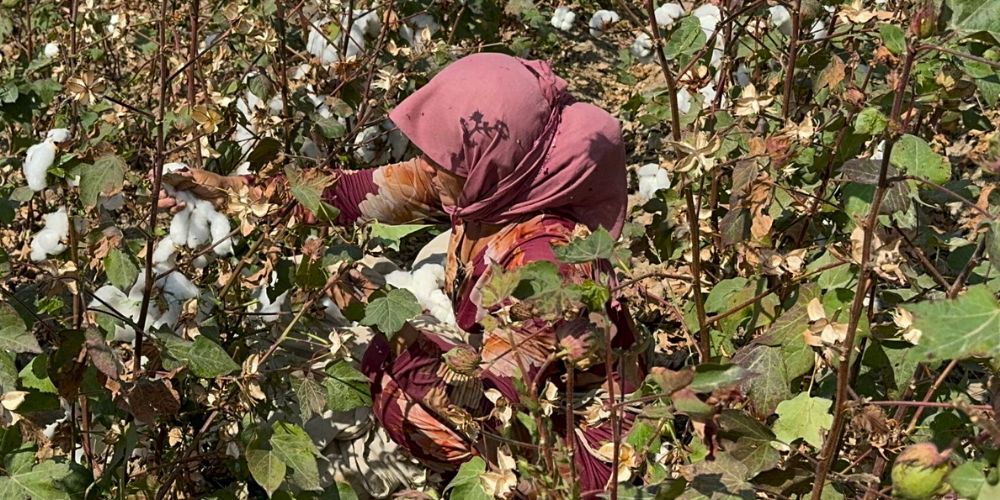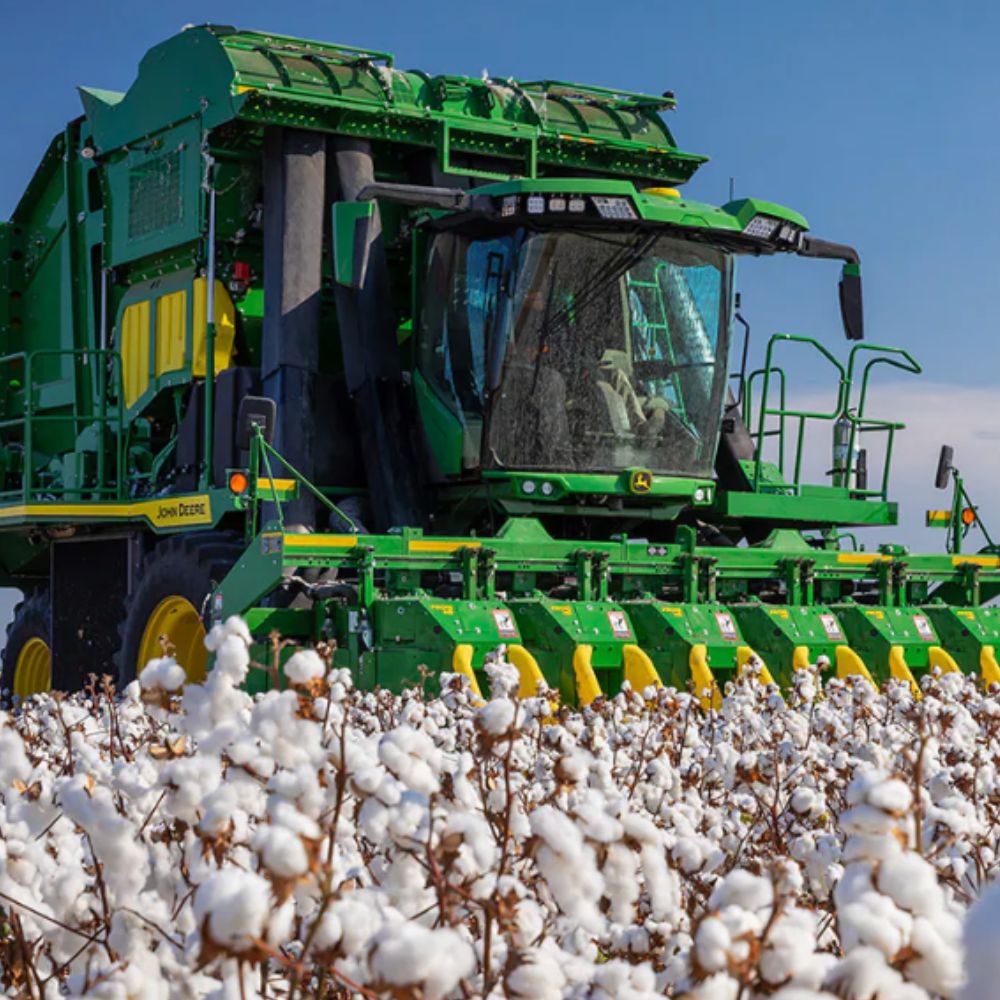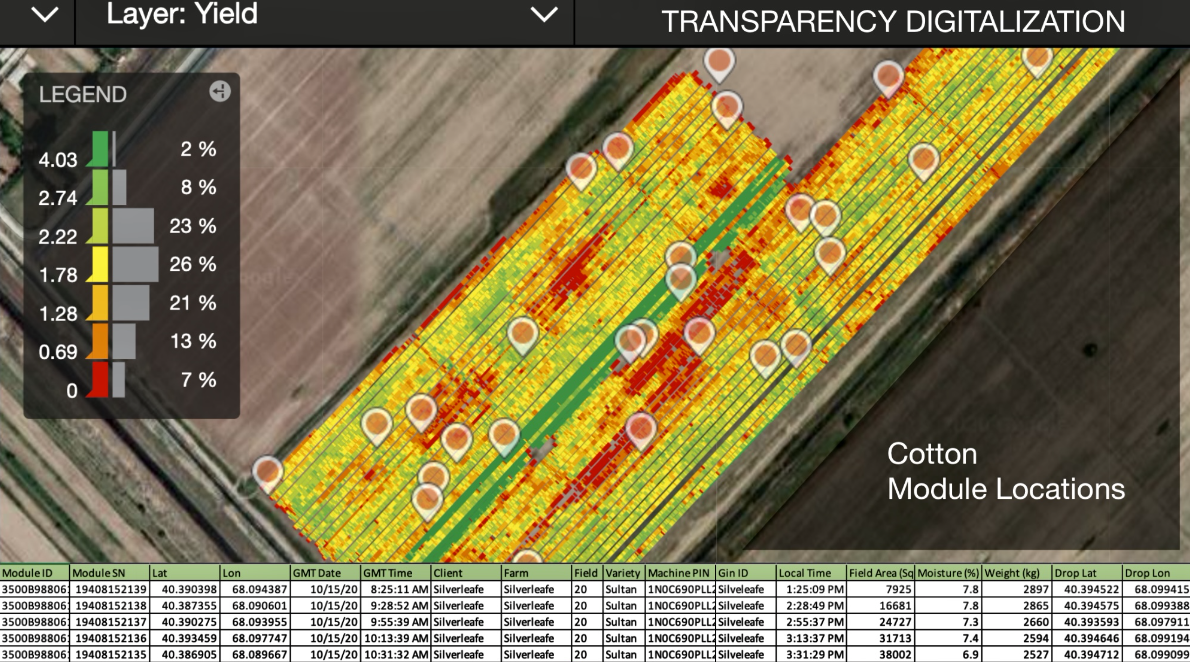Cotton Traceability: 7 Essential Insights to Solve It

Revolutionizing Cotton Traceability in an Overly Complex Supply Chain
By Dan Patterson,
CEO Silverleafe Cotton Tracing
The inability to ensure cotton traceability from field to fabric has allowed forced labor and exploitative practices to persist as critical issues within the global cotton supply chain. The global cotton supply chain is marked by complexity and a profound lack of transparency. Cotton passes through numerous hands, each layer concealing its origin and making it almost impossible to trace back to its source. This lack of traceability has allowed cotton produced under unethical, often exploitative conditions to enter the global market, compromising the integrity of the cotton supply chain.
Despite the good intentions behind various cotton certification programs, none of these platforms offer verifiable proof that the cotton was harvested free from human rights violations. Today’s existing programs primarily address environmental concerns while overlooking critical human rights issues, leaving brands and consumers with a false sense of ethical sourcing. With no solution to date able to guarantee conflict-free cotton, the need for a credible and comprehensive approach has become more urgent than ever.
#1. Understanding the Complexity of the Cotton Supply Chain
The stages of the cotton supply chain—from initial harvesting through multiple stages of processing—create a network so intricate that tracing cotton back to its source has historically been near impossible. “Conflicted cotton” refers to cotton produced under unethical conditions, including forced and child labor, which can go undetected amid the global supply chain’s opacity. For ethical standards to take root, this lack of transparency must be overcome, allowing brands to prove that their cotton is sourced responsibly.
The absence of reliable traceability affects not only ethics but also product quality, consistency, and sustainable practices. Brands that trace cotton to its origin can monitor variables impacting quality, environmental impact, and resource conservation. Without such transparency, there’s no guarantee that cotton products align with the ethical standards they promise.
#2. The Shortcomings of Current Cotton Certification Programs
Today’s certification programs provide a limited framework. While many certifications address environmental sustainability, they lack robust measures for human rights protection. This gap can mislead brands and consumers, creating a misplaced confidence that certified cotton meets higher ethical standards. Without verifiable proof, there’s no assurance that human rights violations, including forced labor, have been excluded from the supply chain. The industry is still waiting for a solution that upholds both human rights and sustainability.
#3. Regulatory Shifts and the Urgency for Verifiable Cotton Traceability
Global cotton markets are facing imminent regulatory shifts. Compliance requirements in the U.S., EU, and other regions are becoming stricter, mandating proof of conflict-free sourcing to access key markets. Recent legislation such as the U.S. Uyghur Forced Labor Prevention Act and the EU’s Corporate Sustainability Due Diligence Directive require businesses to verify that their supply chains are free from forced labor. These regulations could impact 70% of the cotton market, threatening fines, market access, and reputational damage for non-compliance.
#4. The Risks for Farmers and Cotton Brands in a Changing Landscape
For farmers, proving human rights compliance is no longer optional. Regulatory demands and consumer expectations are intensifying, placing new pressures on producers and brands to provide verifiable proof of ethical sourcing. Brands that rely on cotton for their products are increasingly at risk of consumer backlash and market exclusion if they cannot confirm their supply chains are free of exploitation. As these demands grow, transparency has become critical for protecting market access, reputation, and long-term viability.
#5. The Silverleafe Cotton Tracing Solution: From Field to Fabric, Every Step Accounted For
The Silverleafe Cotton Traceability technology introduces the first solution to bring end-to-end transparency to the cotton supply chain. Unlike current certification programs, Silverleafe offers a Digital Birth Certificate for each batch of cotton, guaranteeing conflict-free sourcing from field to fabric. This pioneering technology enables both farmers and brands to meet rising regulatory and consumer expectations with confidence.
Silverleafe Cotton Tracing provides:
- An Audit-Ready Digital Birth Certificate: This certificate establishes a digital chain of custody for each batch of cotton, verifying its traceable and ethical origins.
- Human Rights Compliance: Certification from Silverleafe verifies that cotton is harvested free from human rights violations.
- Digital Traceability: The technology offers real-time, end-to-end transparency through a private, secure database accessible only to the producer, safeguarding both data privacy and supply chain integrity.
Through Silverleafe, cotton producers gain the ability to document each stage of their supply chain, meeting compliance standards while guaranteeing that their product upholds the highest ethical standards. By offering comprehensive visibility, Silverleafe’s system transforms the cotton industry from opaque to transparent, providing the clarity necessary to exclude conflicted cotton from the supply chain.
#6. The Strategic Imperative of Conflict-Free Cotton for Farmers and Brands
As consumers, regulators, and investors demand greater accountability, proving cotton is conflict-free is essential for strategic positioning. Farmers who utilize Silverleafe Cotton Tracing not only comply with new regulations but also strengthen their market position, increase their product’s value, and build enduring relationships with buyers. Brands equipped with verified, conflict-free cotton gain access to premium markets, avoid regulatory penalties and align themselves with consumer expectations for ethical sourcing.
#7. Human Rights as a Business Imperative For Cotton Harvesting
Ensuring a supply chain free of human rights violations is a business imperative. With tightening regulations and growing consumer awareness, providing conflict-free cotton is essential for brands that wish to safeguard their reputation and market share. Silverleafe Cotton Tracing enables brands to meet these demands with verifiable assurance, positioning them at the forefront of an ethically sourced cotton market.
Transparent, traceable sourcing is no longer a luxury but a necessity, and those who can prove it will stand out in an increasingly competitive global market. Silverleafe Cotton Tracing offers the definitive solution, enabling brands and farmers to navigate a new era of accountability, transparency, and consumer trust.

Transforming Cotton Traceability
In the face of widespread challenges in the cotton supply chain, from opaque transactions to questionable labor practices, our objective is clear: introduce a level of traceability previously unseen in the industry. Our Digital Ag Track & Trace (DATT) solution embodies this commitment.



